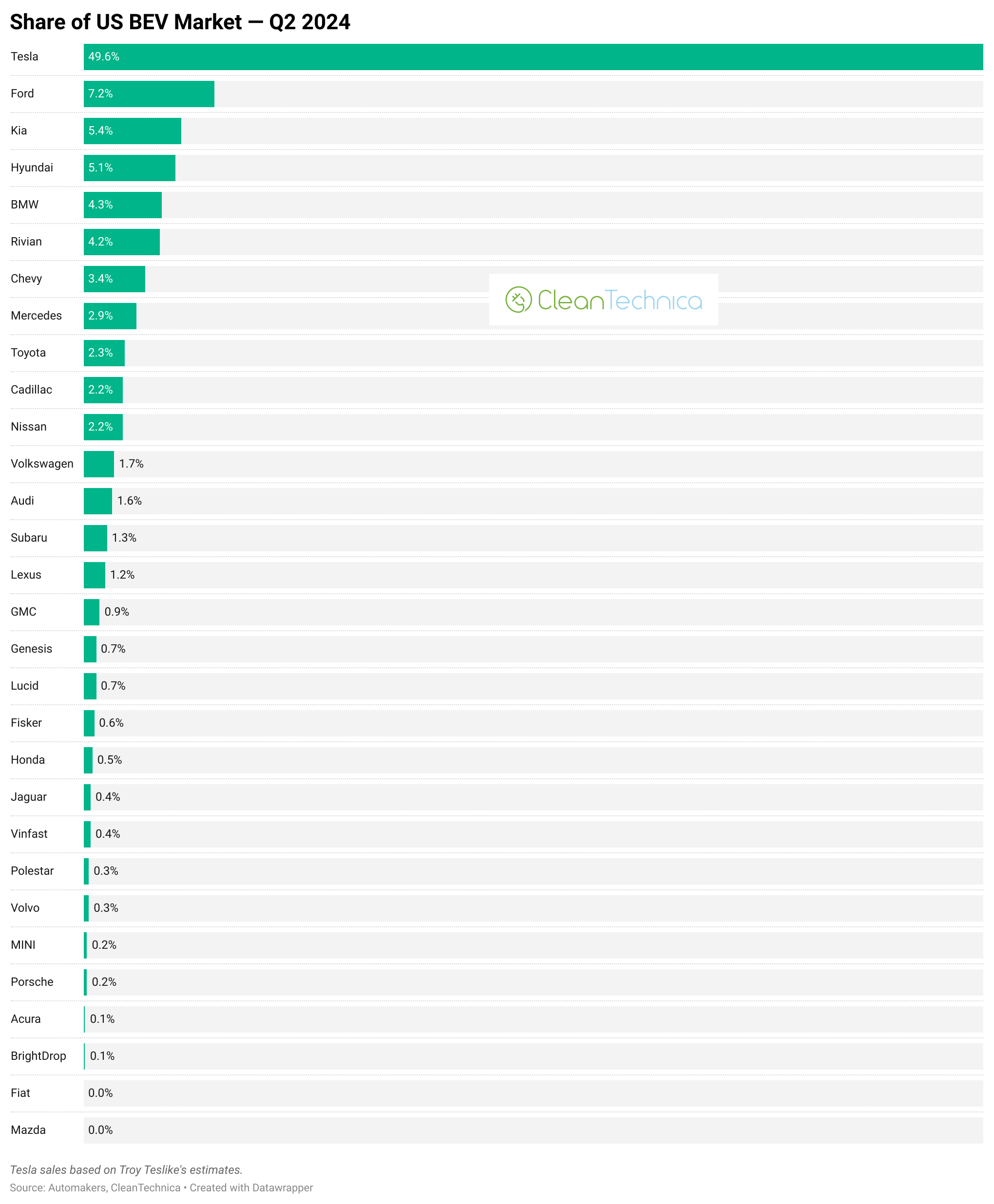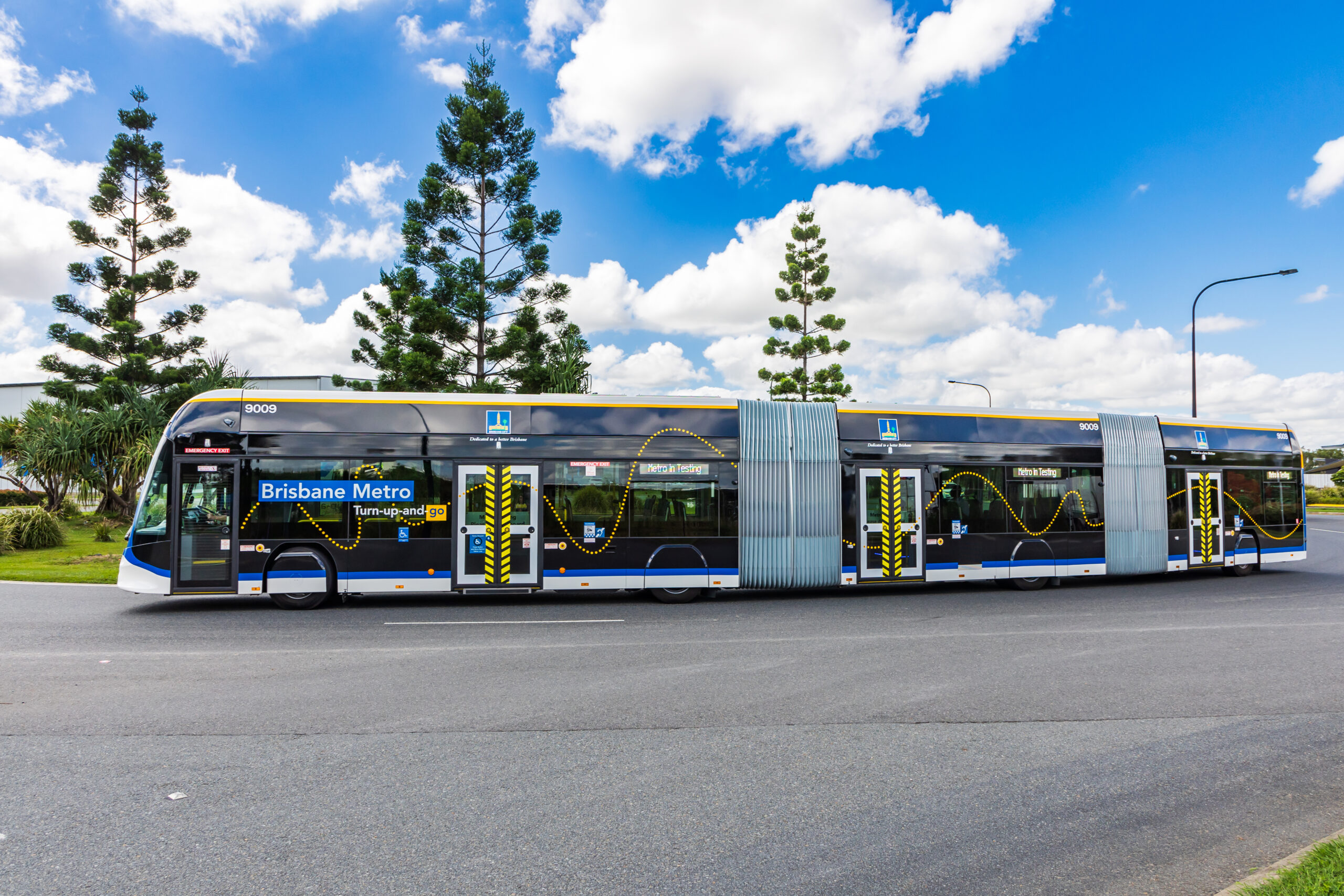
The final production plant where an EV rolls off the line and gets sent to the customer is exciting, but it’s sometimes easy to forget that there’s a whole supply chain further upstream. Without batteries, electrical parts, and drivetrains, there’s no way to get to the point where it all comes together to make the cars we all enjoy driving.
So it’s important to follow all of the news and press releases that come across the CleanTechnica desk. A recent announcement from BMW is another one of those important steps!
The BMW Group is making a significant new investment in EV battery production at its plant in Leipzig, ensuring the long-term viability of the site. A contract has been signed for additional land adjacent to the existing facility. The 12-hectare plot will house a state-of-the-art parts plant for fifth-generation high-voltage batteries, along with a modern office building.
Both projects are slated for completion by mid-2024, with the aim of reinforcing the Group’s commitment to innovation and sustainability.
To mark the beginning of construction for the Supply Centre North, Petra Peterhänsel (Plant Director), Jens Köhler (Works Council Chairman), Frank Hager (Head of Production for High-Voltage Batteries), Clemens Schülke (Mayor and Alderman for Business, Labour, and Digital in the City of Leipzig), and Anja Hähle-Posselt (Director of the Office for Economic Development of the City of Leipzig) were joined by Karsten Dickerboom, representing the construction company Max Bögl Stiftung & Co KG, for the symbolic first shovel of earth moved.

“These days car production is just as much a part of Leipzig’s economic DNA as the trade fair. We’re delighted that an already strong cluster is now growing further. What’s more, the focus will be on an eco-friendly footprint throughout. With this extension, BMW is sending out a clear signal around Leipzig as a base and electromobility. We are happy to partner the company and support the positive development of these areas,” said Mayor Clemens Schülke.
During the initial phase of construction, a warehouse, a two-story office building, and a loading tunnel will be built, encompassing a total area of 38,000 m2. A second phase of construction is planned, bringing the overall investment to a whopping €100 million. Once all construction work is finalized, the new buildings at Supply Centre North will offer employment opportunities for approximately 500 people.
By 2026, the BMW Group aims for 1 in 3 new cars sold to be fully electric. This will lead to an increased demand for high-voltage batteries. Plant Leipzig is already a key supplier of e-components for the production network, providing 1 in 3 battery modules for BMW Group’s electric vehicles, including the BMW iX1, BMW i5, and BMW iX. With the new hall serving as a logistics center for high-voltage batteries, Plant Leipzig further strengthens its role in handling high-voltage components, meeting all structural requirements.
But, the rush to build more EV automaking infrastructure doesn’t mean BMW plans to cut environmental corners.
For the logistics facility, the team implemented strict environmental standards that go above and beyond legal requirements. The buildings will be powered by renewable energy, including photovoltaic systems on the roof generating approximately 3,000 kW peak. Additionally, a heat pump will provide heating for the hall. The office building will feature a green roof, and strategically placed trees along the façade will help maintain cool indoor temperatures during hot weather.
As part of the master plan, the outside space is being landscaped with over 5,700 new shrubs and trees, in collaboration with the City of Leipzig and the BMW Group. The goal is to create a lush green ring around the plant on the Northern Industrial Estate. Additionally, insect-friendly lights are being installed, and parking spaces are being equipped with electric charging points for cars and trucks. This facilitates smooth transportation between the plant and warehouse for electric heavy goods vehicles.
BMW Group says that it is hoping the project, combined with the others it has been working on, will make battery component production a central part of the community’s economy.
Plant Leipzig is undergoing extensive additions, both on-site and off, driven by e-component production. These measures aim to protect existing jobs and create new ones. Currently, there are over 800 employees working in e-component production in Leipzig, and this number is expected to exceed 1,000 by 2024. Additionally, the expansion will lead to the creation of more jobs with suppliers as well.
Starting next year, BMW Plant Leipzig will handle all three stages of high-voltage battery production: cell coating, module production, and high-voltage battery assembly. Since 2021, E-component production capacity has been steadily increasing. At present, battery cells are coated and assembled into modules at the Leipzig plant. Today, one in three battery modules for fully electric vehicles by the BMW Group originates from Leipzig. Currently, a battery assembly system is being constructed and is expected to be operational early next year. The BMW Group is investing up to 1 billion euros to expand e-component production at Leipzig.
Now that BMW i3 production has ended, Plant Leipzig will have space in 2024 to introduce its next fully electric model: the new MINI Countryman. This crossover offers a choice between combustion engines or a fully electric drive, with the high-voltage batteries for the latter being manufactured directly in Plant Leipzig’s workshops.
The transition to electromobility is viewed by Plant Director Petra Peterhänsel as a significant milestone in the plant’s development: “Leipzig continues to power ahead. Making the BMW i3, we were the BMW Group’s pioneer in electromobility. Now, with the development of e-component production and the upcoming launch of the MINI Countryman, the future is already taking shape.”

Why This Matters
The U.S. automotive industry is struggling to keep automotive workers employed while transitioning to EVs. Many of the existing jobs are for things like engines and transmissions, and many suppliers are involved in making parts that are only in ICE cars. We’re now seeing unions threaten to hold up the whole transition, both through direct action with automakers and by trying to hold up political support for EVs.
What we’re seeing here is part of the German automakers’ response. Keeping workers in Leipzig on the clock is important, and coming up with parts for them to make without it being busy work that drags the industry down is a key to keeping support for the EV transition up.
Featured image provided by BMW.
I don’t like paywalls. You don’t like paywalls. Who likes paywalls? Here at CleanTechnica, we implemented a limited paywall for a while, but it always felt wrong — and it was always tough to decide what we should put behind there. In theory, your most exclusive and best content goes behind a paywall. But then fewer people read it! We just don’t like paywalls, and so we’ve decided to ditch ours. Unfortunately, the media business is still a tough, cut-throat business with tiny margins. It’s a never-ending Olympic challenge to stay above water or even perhaps — gasp — grow. So …




